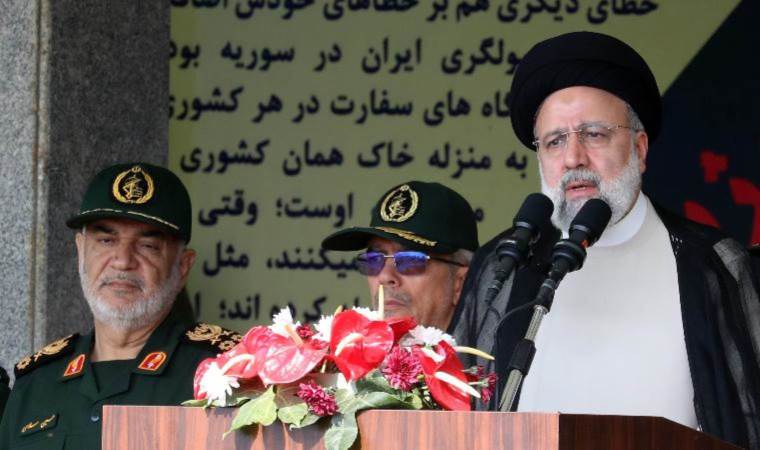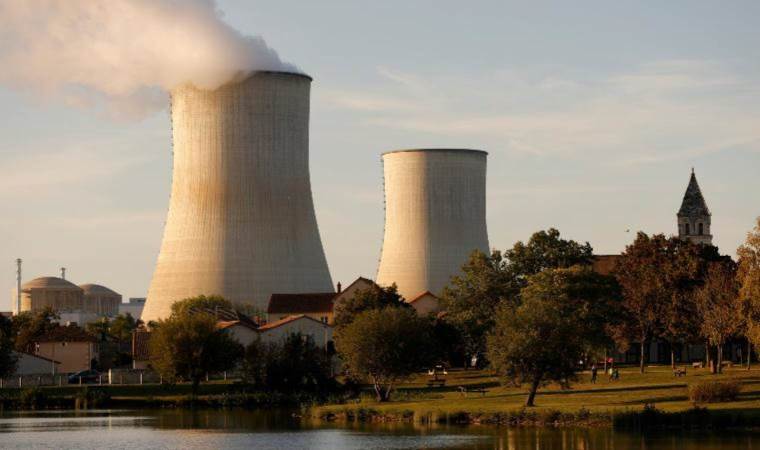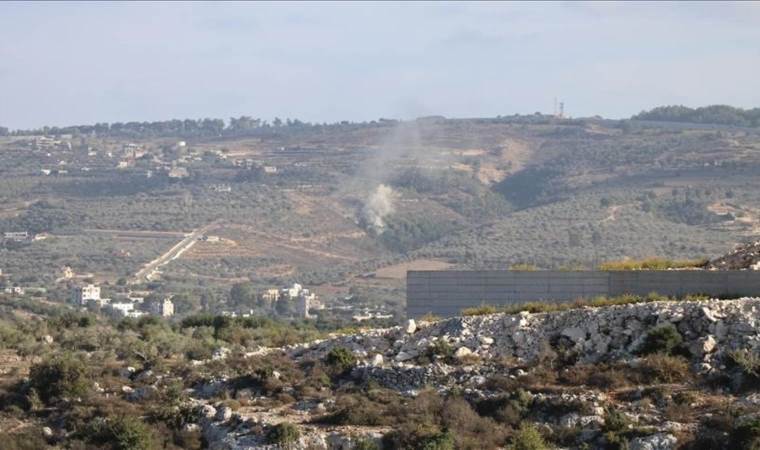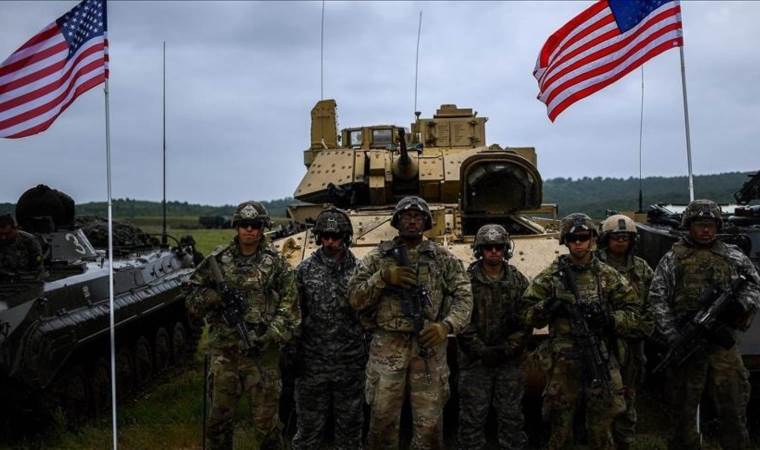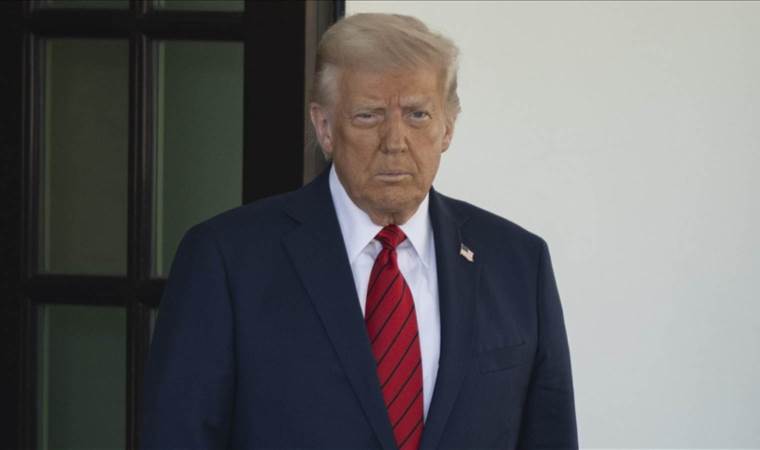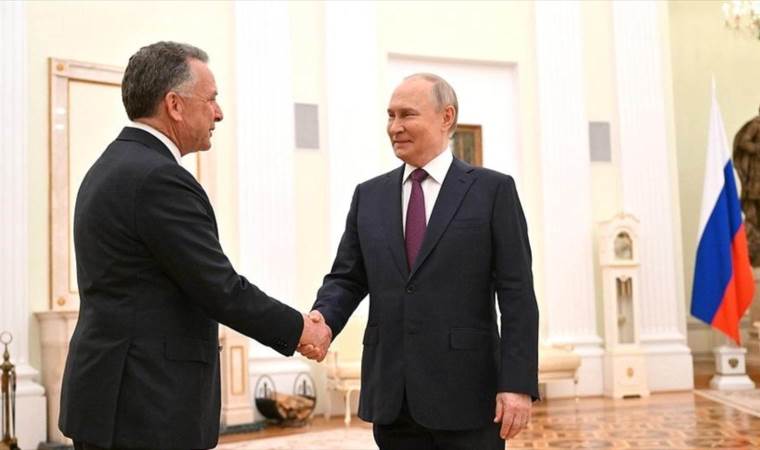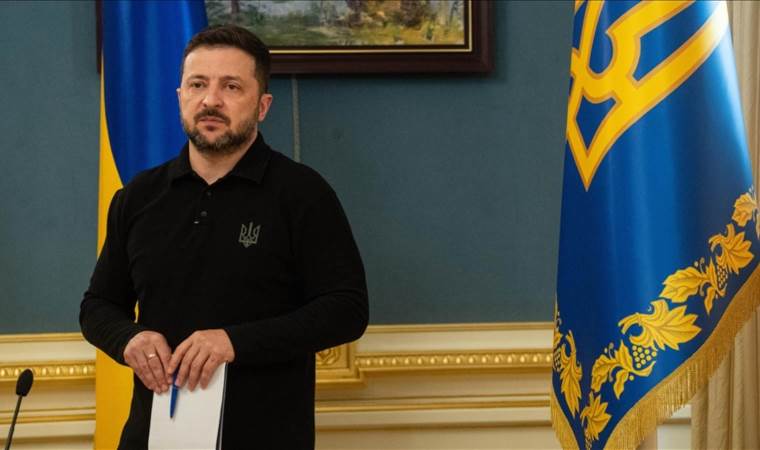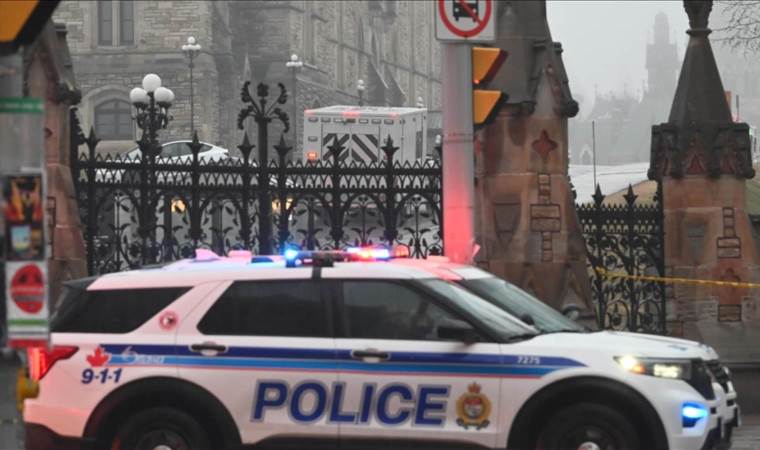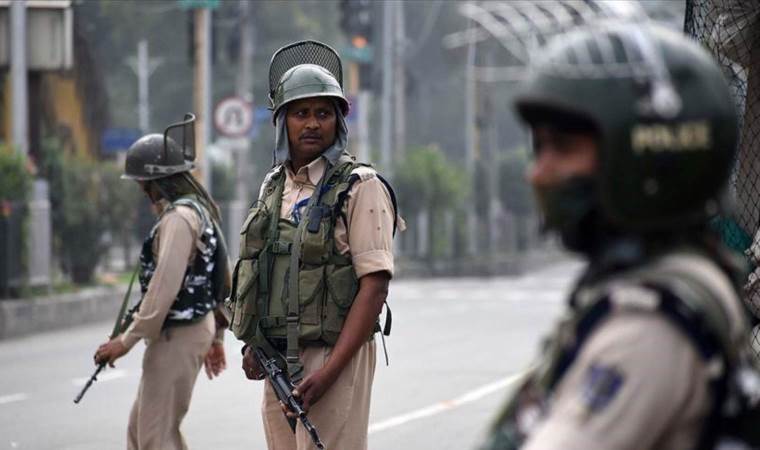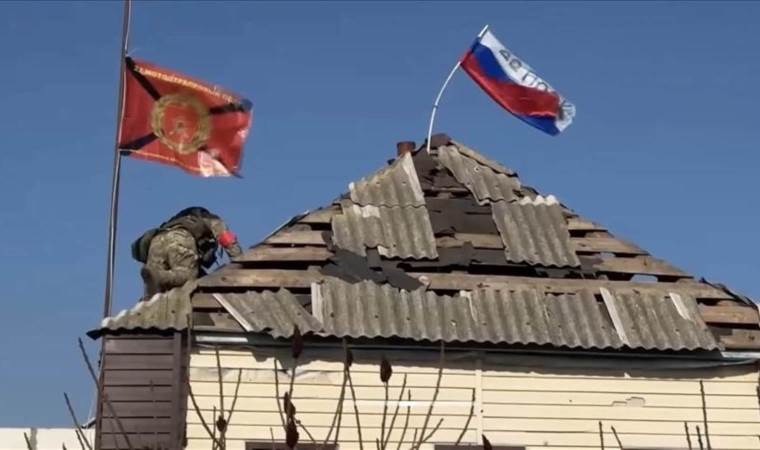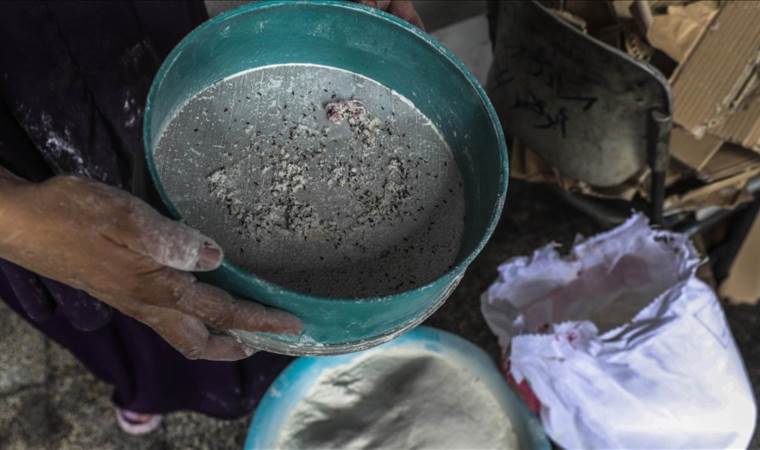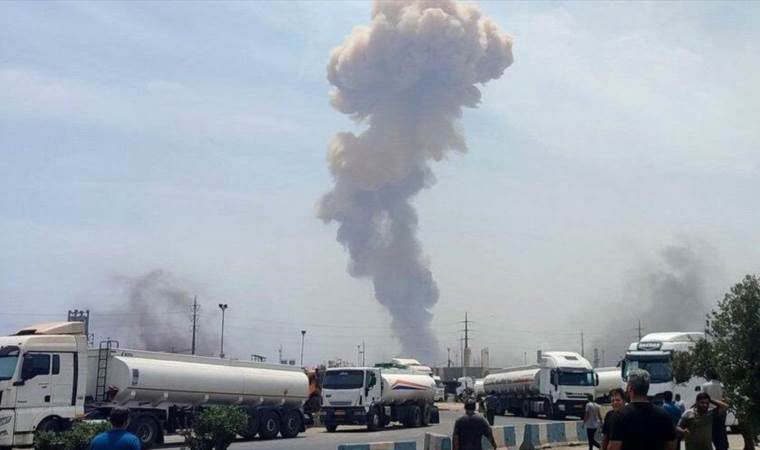Iranian Lawmaker: "We have attained nuclear weapons"
Iranian MP Ahmad Bakhshayesh Ardestani said on Monday, "In my opinion, we have achieved nuclear weapons but we are not announcing it. This means that our policy is to have nuclear bombs, but our declared policy is now within the framework of the JCPOA."
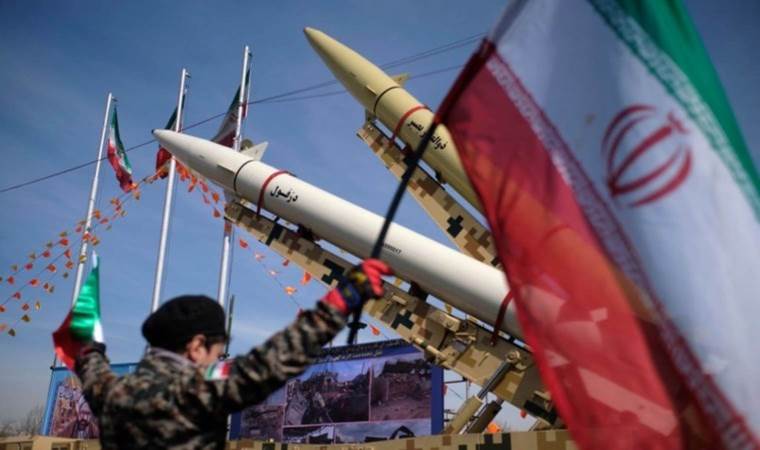
After the International Atomic Energy Agency (IAEA) warned that Iran has "enough uranium to produce a few nuclear bombs," an Iranian lawmaker claimed that his country possesses nuclear weapons.
Ahmad Bakhshayesh Ardestani stated that his country's nuclear policy falls within the framework of the Joint Comprehensive Plan of Action (JCPOA).
Ardestani said, "In my opinion, we have attained nuclear weapons, but we are not announcing it. This means that our policy is to possess nuclear bombs, but the policy we declared is currently within the JCPOA framework."
Ardestani noted:
"The reason for this is that when countries want to confront others, their capabilities must be compatible, and Iran's compatibility with America and Israel means that Iran must possess nuclear weapons.
In an environment where Russia attacks Ukraine, Israel attacks Gaza, and Iran is a staunch supporter of the Resistance Front, it is natural for the containment system to require Iran to have nuclear bombs. However, whether Iran declares this or not is a separate issue."
Ardestani, 63, has held various positions in the government since the early 1980s and was a close ally of former President Mahmoud Ahmadinejad.
Hailing from Isfahan province, Ardestani is known as a figure trusted by the regime.
IRAN NUCLEAR AGREEMENT (JCPOA)
The JCPOA is the abbreviation for the Joint Comprehensive Plan of Action, which is the official name of the Iran nuclear agreement.
The agreement was signed in January 2016 after lengthy negotiations between Iran and the P5+1, comprising the five permanent members of the UN Security Council — the United States, China, Russia, the United Kingdom, and France — plus Germany.
According to the agreement, Iran would limit its enriched uranium production and storage capacity, allow inspection of its nuclear facilities, and modify or close facilities upon recommendations.
In return, sanctions that had long crippled the country's economy would be lifted.
The agreement, signed during Barack Obama's presidency, was withdrawn from by Donald Trump in May 2018. Trump cited the agreement's inadequacy and its failure to address Iran's ballistic missile program as reasons for withdrawal, despite objections from other P5+1 countries.
Trump also began reimposing sanctions on Iran, prompting Iran to gradually withdraw from the agreement and begin enriching uranium beyond the prescribed limits.
Most Read News
-
 Syria says artillery shells fired from Lebanon hit army
Syria says artillery shells fired from Lebanon hit army
-
 US to spend $946B through 2034 to maintain, modernize nu
US to spend $946B through 2034 to maintain, modernize nu
-
 Trump says he is unaware of arrest of Turkish student, s
Trump says he is unaware of arrest of Turkish student, s
-
 Russia says latest round of talks between Putin, US envo
Russia says latest round of talks between Putin, US envo
-
 Kyiv's position on Russian-controlled territories in Ukr
Kyiv's position on Russian-controlled territories in Ukr
-
 9 killed after car plows into Vancouver street festival
9 killed after car plows into Vancouver street festival
-
 India detains 175 in Kashmir after deadly attack as tens
India detains 175 in Kashmir after deadly attack as tens
-
 Russia announces complete liberation of Kursk region fro
Russia announces complete liberation of Kursk region fro
-
 Hunger deepens in besieged Gaza as food supplies run out
Hunger deepens in besieged Gaza as food supplies run out
-
 Death toll from explosion at southern Iran port rises to
Death toll from explosion at southern Iran port rises to
